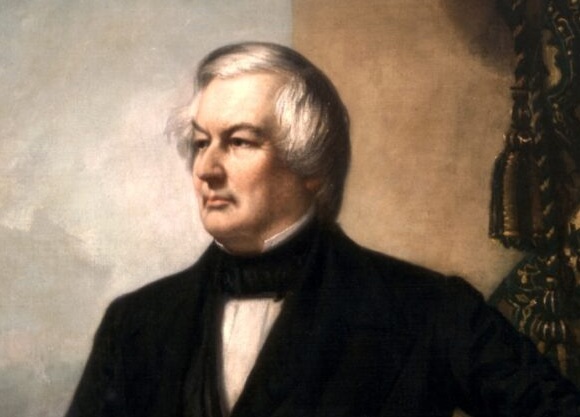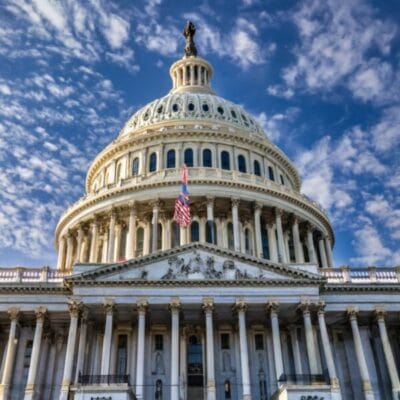In the grand tapestry of American governance, Congress stands as a beacon of democracy, shepherding the nation through countless challenges. While the spotlight often shines on high-profile debates and fiery speeches on the House and Senate floors, behind the scenes, a tireless army of committees works diligently, shaping the very fabric of our laws and policies.
Committees: The Unsung Heroes of Congress
Like unseen puppeteers, committees are the workhorses of Congress, performing a symphony of essential functions. Their primary role lies in scrutinizing legislation, ensuring that every bill receives thorough examination before being brought to a vote. Through meticulous hearings, committees dissect proposed laws, weighing their merits, potential impacts, and unintended consequences. They summon experts, stakeholders, and government officials to provide invaluable insights, ensuring that every decision is informed by a diverse range of perspectives.
Furthermore, committees play a crucial role in shaping the legislative agenda. By prioritizing certain bills over others, they determine which issues will receive the most attention and resources. This gatekeeping function allows Congress to focus its efforts on the most pressing matters, effectively managing its workload and ensuring that the most important concerns are addressed.
Unraveling the Secret Powers of Congressional Committees
Beyond their legislative duties, committees wield a range of formidable powers that enable them to influence the course of events. One such power is the authority to investigate matters of public interest. Through investigative hearings, committees can delve into complex issues, uncover wrongdoing, and hold individuals and organizations accountable. This investigative power serves as a vital check on the executive branch, preventing abuses of power and ensuring transparency in government operations.
Additionally, committees have the power to subpoena witnesses and documents, compelling individuals and entities to testify or provide evidence. This subpoena power allows committees to gather crucial information, even when witnesses are reluctant to cooperate. It is a powerful tool that ensures that committees have access to the facts they need to make informed decisions.
Conclusion:
In the intricate machinery of Congress, committees are more than just cogs in the wheel; they are the driving force behind the legislative process. Their unsung efforts, their secret powers, and their unwavering commitment to shaping the nation’s future make them the true heroes of Capitol Hill. As we celebrate the vitality of American democracy, let us not forget the invaluable contributions of these tireless workers, whose dedication ensures that our laws and policies are crafted with the utmost care and wisdom.



